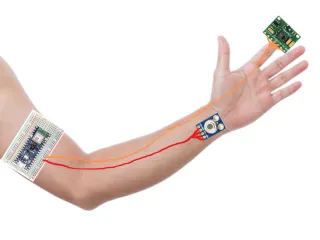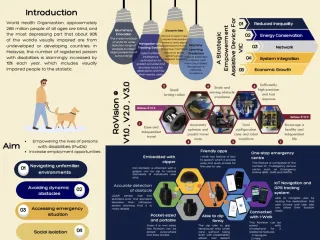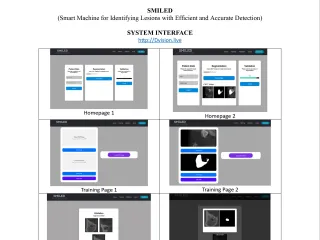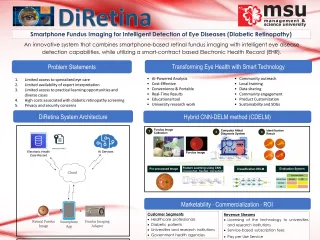The tool incorporates several features that contribute to its effectiveness and potential impact. Here are the highlights of its important features: Integration of IoT Technology: The tool leverages IoT technology to collect real-time data from sensors, including heart rate, skin temperature, and environmental conditions. This integration enables continuous monitoring of physiological parameters and environmental factors, providing a comprehensive understanding of heat stress levels. Machine Learning Algorithms: The tool utilizes machine learning algorithms to analyze the collected data and identify patterns and correlations associated with heat stress. By training the model on historical data and incorporating relevant features, the system can accurately predict heat stress levels and potential risks of heat-related illnesses. High Accuracy and Precision: Through the combination of IoT technology and machine learning algorithms, the tool aims to achieve high accuracy and precision in heat stress predictions. By considering multiple physiological and environmental parameters, it provides a more comprehensive and reliable assessment compared to traditional methods, enhancing decision-making processes. Customizable and Scalable Solution: The tool is designed to be customizable and scalable, allowing for adaptation to various settings and user requirements. It can be tailored to specific geographical locations, occupational environments, or vulnerable populations, making it a versatile solution that can address a wide range of heat stress scenarios. Decision Support System: The tool serves as a decision support system, assisting public health authorities, urban planners, and employers in making informed decisions related to heat stress management. By providing actionable insights and recommendations, it enables the implementation of targeted interventions, resource allocation, and policy development.








Comment